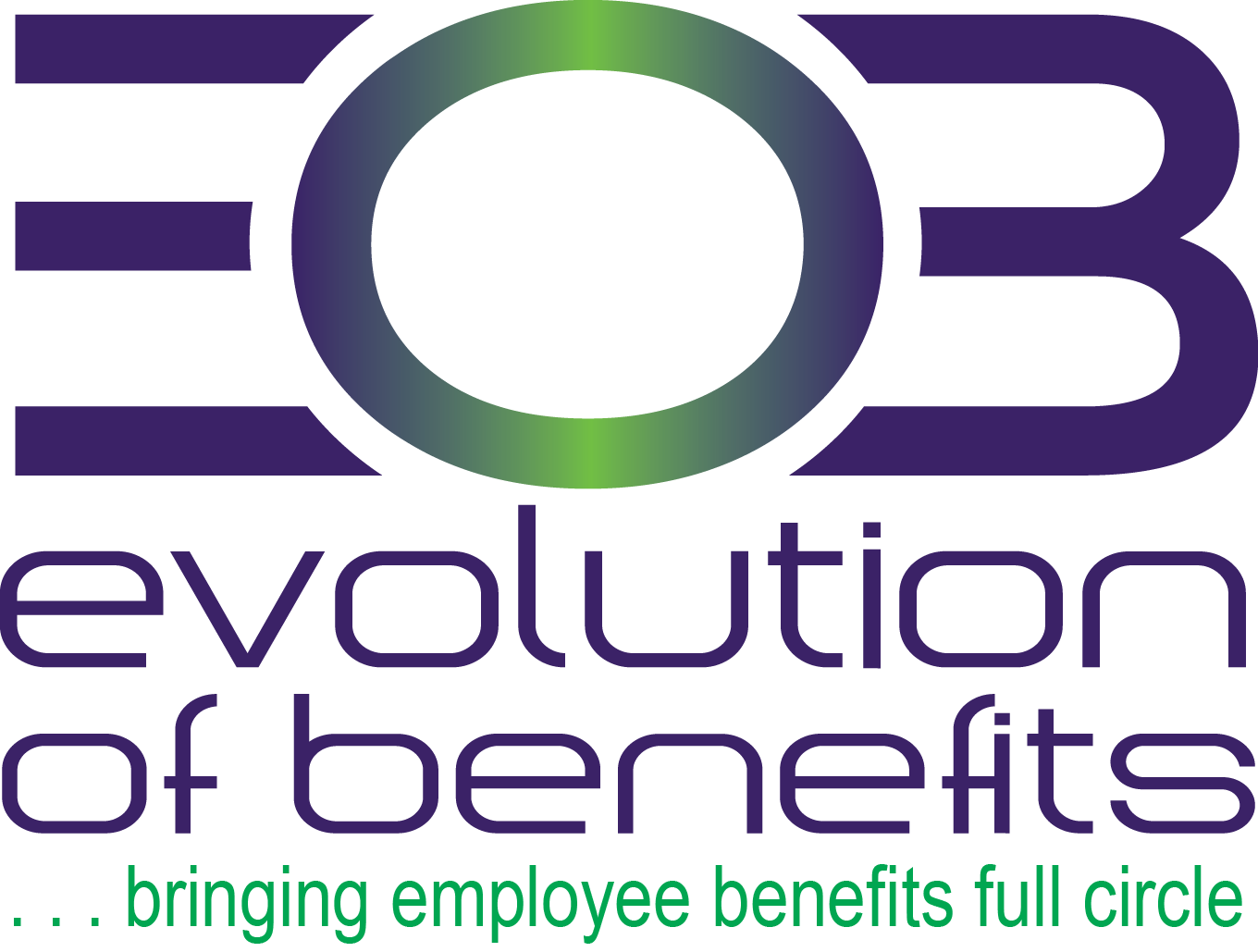News Brief: CDC Guidance for Fully Vaccinated People and Unvaccinated People

CDC Guidance for Fully Vaccinated People
According to the agency, people are considered fully vaccinated two weeks after their second dose in a two-dose vaccine series, like the Pfizer or Moderna vaccines. They are also considered fully vaccinated two weeks after a single-dose vaccine, like the Johnson & Johnson vaccine.
The most notable update from the CDC’s new recommendations is that those who are fully vaccinated can resume indoor and outdoor activities without wearing masks or physically distancing, except where required by federal, state, local, tribal or territorial laws, rules and regulations, including local business and workplace guidance. In addition, this new CDC guidance says fully vaccinated people can:
- Resume domestic travel and refrain from testing before or after travel, or self-quarantine after travel
- Refrain from testing before leaving the United States for international travel (unless required by the destination) and refrain from self-quarantine after arriving back in the United States
- Refrain from testing following a known exposure, if asymptomatic, with some exceptions for specific settings
- Refrain from quarantine following a known exposure if asymptomatic
- Refrain from routine screening testing if feasible
- For now, the CDC recommends that fully vaccinated people continue to get tested if they are experiencing COVID-19 symptoms.
CDC Guidance for Unvaccinated People
According to the CDC, unvaccinated people should continue to take preventive steps, such as wearing a mask and practicing social distancing.
However, according to the agency, it’s safe for those unvaccinated people to walk, run or bike outdoors with members of their household without wearing a mask.
In addition, the agency says it is safe to take off the mask when attending a small, outdoor gathering with fully vaccinated family and friends.
Next Steps
As the CDC learns more, it will continue to update its recommendations for vaccinated and unvaccinated people. To learn more, the agency offers resources for choosing safer activities for both fully vaccinated and unvaccinated people.
We will keep you updated on noteworthy developments.
May News Brief: CDC Updates Outdoor Mask Guidance for Fully Vaccinated People

The new guidance says that people fully vaccinated can gather or conduct activities outdoors without wearing a mask except in certain crowded settings and venues. Fully vaccinated people can participate in the following activities without a mask:
• Walking, running or biking outdoors with members of the same household
• Attending a small, outdoor gathering with fully vaccinated family and friends
• Attending a small, outdoor gathering with fully vaccinated and unvaccinated people
• Dining at an outdoor restaurant with friends from multiple households
For those fully vaccinated, the CDC still recommends wearing a mask in indoor settings.
According to the agency, it is also safe for unvaccinated people to walk, run or bike outdoors with members of their household or attend a small, outdoor gathering with fully vaccinated family and friends without wearing a mask. However, the CDC recommends that unvaccinated people continue to wear a mask when around unvaccinated people, including at both indoor and outdoor gatherings.
How the 2020 Election Could Affect Health Care

The 2020 presidential election could bring significant changes to the U.S. health care system. Democratic presidential nominee Joe Biden and President Donald Trump hold varying views on topics such as the future of the Affordable Care Act (ACA), which the U.S. Supreme Court will consider in November 2020.
The chart below provides a brief overview of each candidate’s health care platform, planned COVID-19 response and stance on the open U.S Supreme Court seat, so that you can better understand how this election may affect the employee benefits landscape.
COVID-19 Officially a Pandemic

The World Health Organization (WHO) officially declared COVID-19 a pandemic, increasing the severity from an “outbreak.”
How Far Has COVID-19 Spread?
This announcement comes as more than 120,000 cases of COVID-19 have been reported worldwide, with over 4,000 deaths.
In the United States alone, there have been over 1,000 confirmed cases and at least 30 deaths attributed to COVID-19.
What’s Being Done to Stop It?
At least 114 countries have been affected so far, with some taking drastic steps to contain the disease. Italy is experiencing a nationwide lockdown; China is quarantining entire regions; and Canada is planning to spend billions to fight it.
Experts cannot predict how bad the situation will become, but it’s already shutting down major events and sending the stock markets plummeting. Many schools and universities are extending breaks or holding remote classes only; major festivals like Coachella and SXSW are being canceled; and presidential nominees are canceling events and rallies.
Until the disease gets under control, these disruptions are likely to continue.
What’s Can Employers Do?
Guidance for employers will vary depending on the situation. Many retailers and employers relying on face-to-face interactions will likely be disrupted by both limited customers and sick employees.
Many organizations are considering telecommuting options, such as having employees work from home for extended periods. Employers that don’t have such options are thoroughly communicating best practices for avoiding the disease, like proper handwashing and staying home if sick.
More than 120,000 cases of COVID-19 have been reported worldwide, with over 4,000 deaths. The disease is affecting at least 114 countries.
According to the Centers for Disease Control and Prevention (CDC), the best way to prevent infection is to avoid being exposed to the virus.
Visit cdc.gov for more information about COVID-19 and ways to prevent its spread. Speak with Evolution of Benefits for other resources to help contain the pandemic.




















